Open Source Datasets
Topic

GCAM-USA Scenarios for GODEEEP
This dataset contains a set of twelve future (2020-2050) scenarios modeled by GCAM-USA for the GODEEEP project for the purpose of studying the effects of climate, socioeconomic change, technology change, current decarbonization incentives, and longer-term decarbonization policies on the U.S. energy-economy, the electricity grid, human well-being, and the environment.
More Info

Historical Balancing Authority-Scale Hourly Solar and Wind Generation for Lower 48 U.S. States
Coincident historical hourly solar and wind generation for each Balancing Authority in the lower 48 U.S. states aggregated from simulated plant-level generation of plants that exist in the Energy Information Administration (EIA) database as of 2020.
More Info
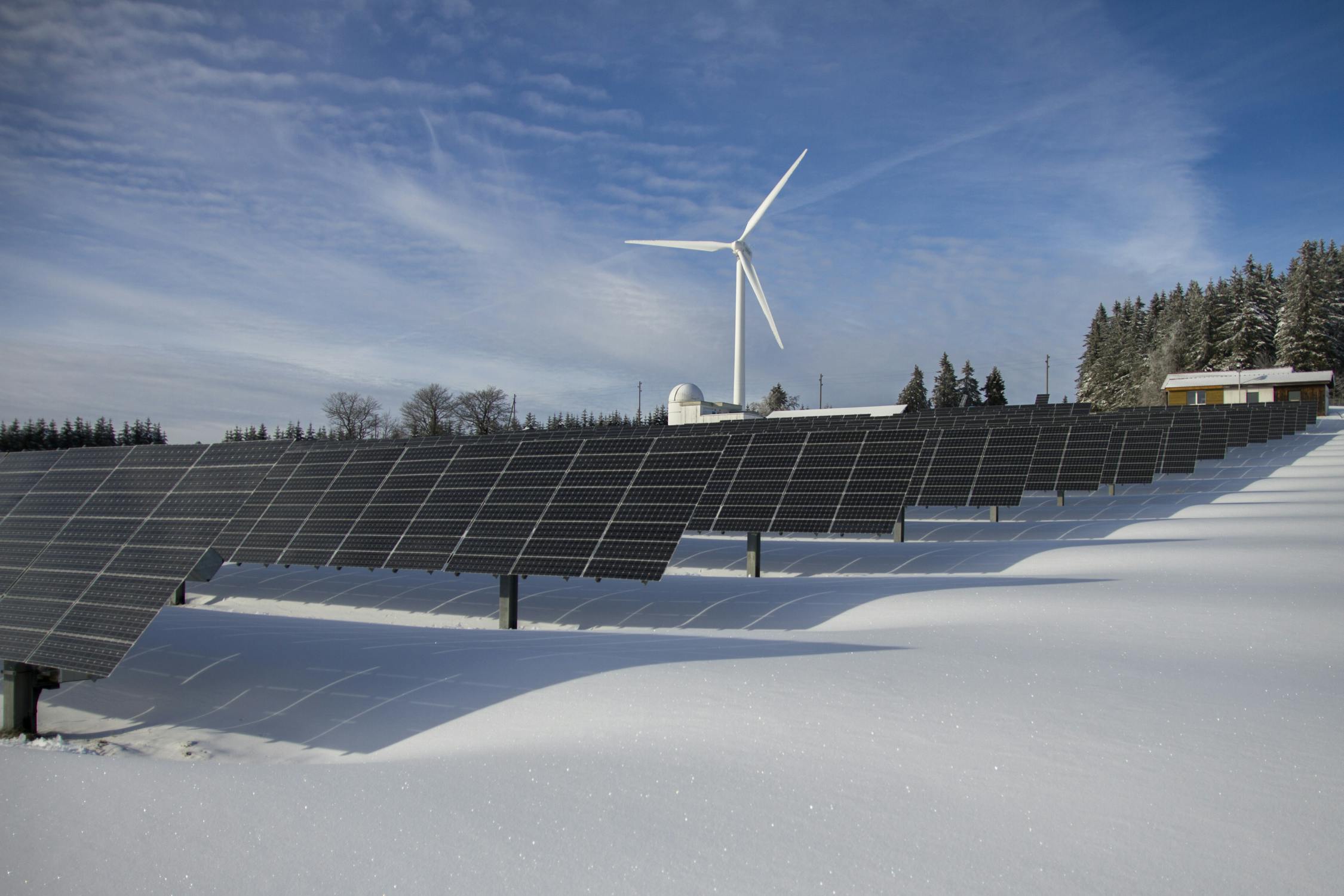
Historical Plant-Scale Hourly Solar and Wind for Lower 48 U.S. States
Simulated coincident historical hourly solar and wind generation for each plant in the lower 48 U.S. states that is part of the Energy Information Administration (EIA) 2020 dataset.
More Info

Transportation Electrification Load Profiles by Balancing Authority in the Western United States
Hourly time-series electric charging load profiles by transportation sector across Balancing Authorities (BAs) in the Western United States.
More Info

Total Load Profiles by Balancing Authority in the Western United States
Hourly time-series of total load profiles across Balancing Authorities (BAs) in the western United States (U.S.) electricity grid interconnection for two different socioeconomic pathways and one climate scenario.
More Info

State-level Income Decile Projections
Income distributions are a growing area of interest in the examination of equity impacts brought on by climate change and its responses. We project US state level income distributions using a PCA-based approach.
More Info

Historical Hourly to Subseasonal Solar and Wind Energy Droughts in the Lower 48 U.S. States
Physically consistent and coincident historical wind, solar, and load data for 15 Balancing Authorities (BAs) in the lower 48 U.S. states and pre-computed BA-scale energy droughts for a variety of time scales from 1 hour to 5 days.
More Info

Residential Energy Consumption Projections by Income Groups under Decarbonization
Energy consumption output by income group from GCAM-USA with the multiple-consumer feature under four scenarios.
More Info

U.S. State-level Projections of the Spatial Distribution of Population
State-level population projections for SSPs 2, 3, and 5 produced with the Population Gravity model.
More Info

Population Projections in Washington State
Block-level population projections in Washington state under different Shared Socioeconomic Pathways (SSPs) for every decade from 2020 to 2040.
More Info

Income Projections for Washington State
Income projections for Washington state (under census geographic boundary 2020) from 2020 to 2100 at the block group and block level, respectively, based on different Shared Socioeconomic Pathways (SSPs).
More Info
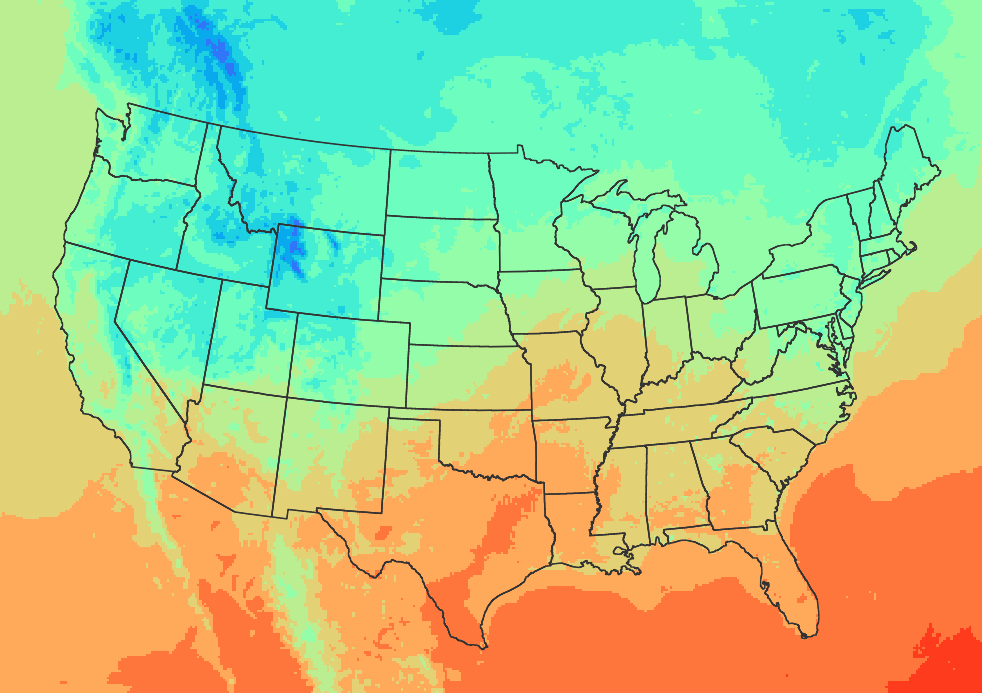
U.S. Climate Simulations - Thermodynamic Global Warming (TGW)
21st century climate scenarios for the contiguous U.S. (CONUS), where past events are replayed under four scenarios of future warming conditions (thermodynamic global warming) to show potential increases in extreme event intensity, geographic scope, and duration.
More Info
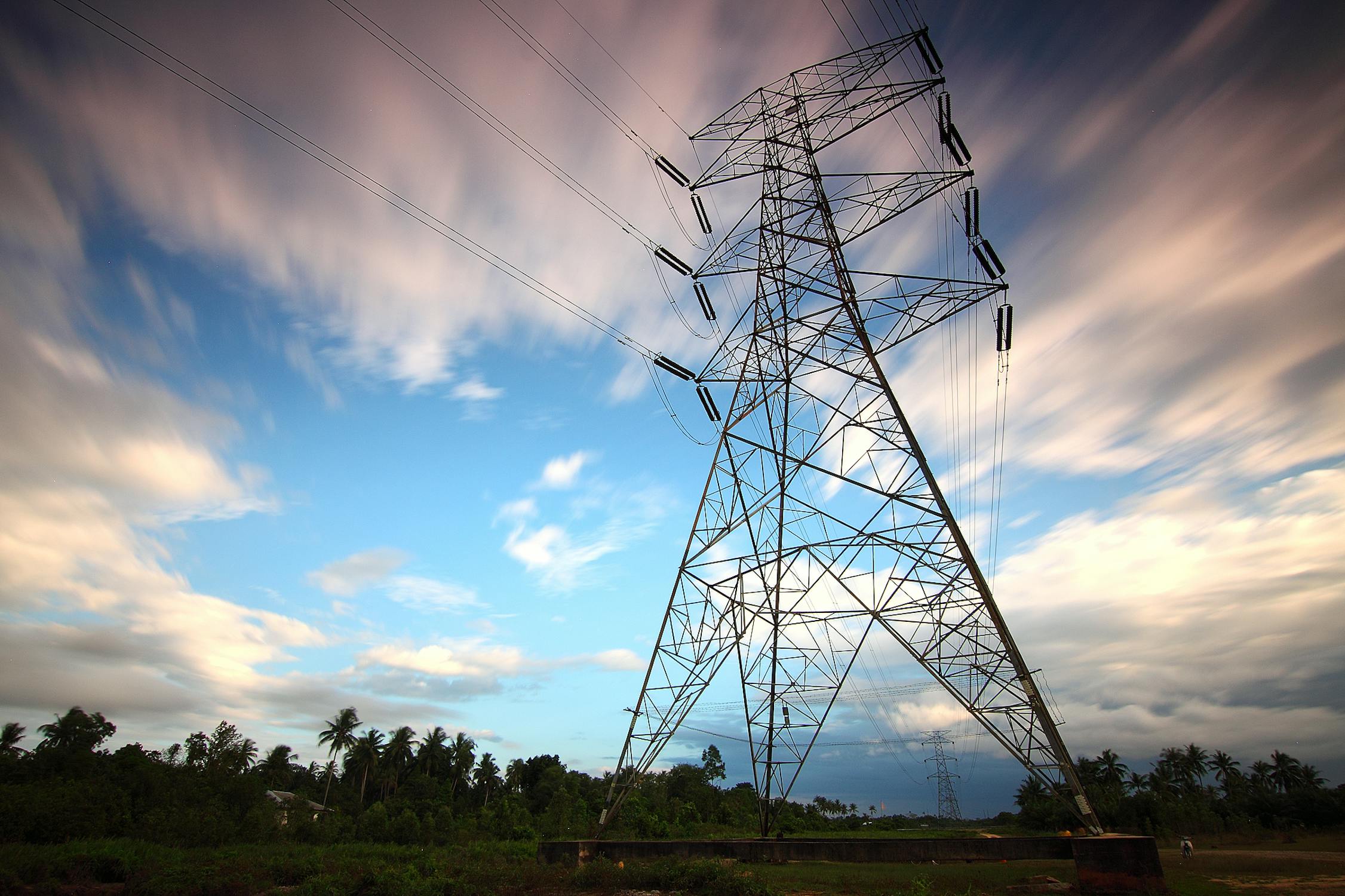
U.S. County Projections of Hourly Meteorology under Climate Change
Population-weighted historical and future meteorology for four Thermodynamic Global Warming (TGW) scenarios
More Info

U.S. Balancing Authority Projections of Hourly Meteorology under Climate Change
Population-weighted historical and future meteorology for four Thermodynamic Global Warming (TGW) scenarios
More Info

Updated Projections of Residential Energy Consumption across Multiple Income Groups under Decarbonization Scenarios using GCAM-USA
Understanding the residential energy consumption patterns across multiple income groups under decarbonization scenarios is crucial for designing equitable and effective energy policies that address climate change while minimizing disparities. This dataset is developed using an integrated human-Earth system model, supported by the Grid Operations, Decarbonization, Environmental and Energy Equity Platform (GODEEEP) Investment at Pacific Northwest National Laboratory (PNNL). Compared to the first version of the dataset (https://zenodo.org/record/79880387), this updated dataset is based on model runs where the Inflation Reduction Act (IRA) are implemented in the model scenarios. In addition to the queried and post-processed key output variables related to residential energy sector in .csv tables, we also upload the full model output databases in this repository, so that users can query their desired model outputs.
More Info
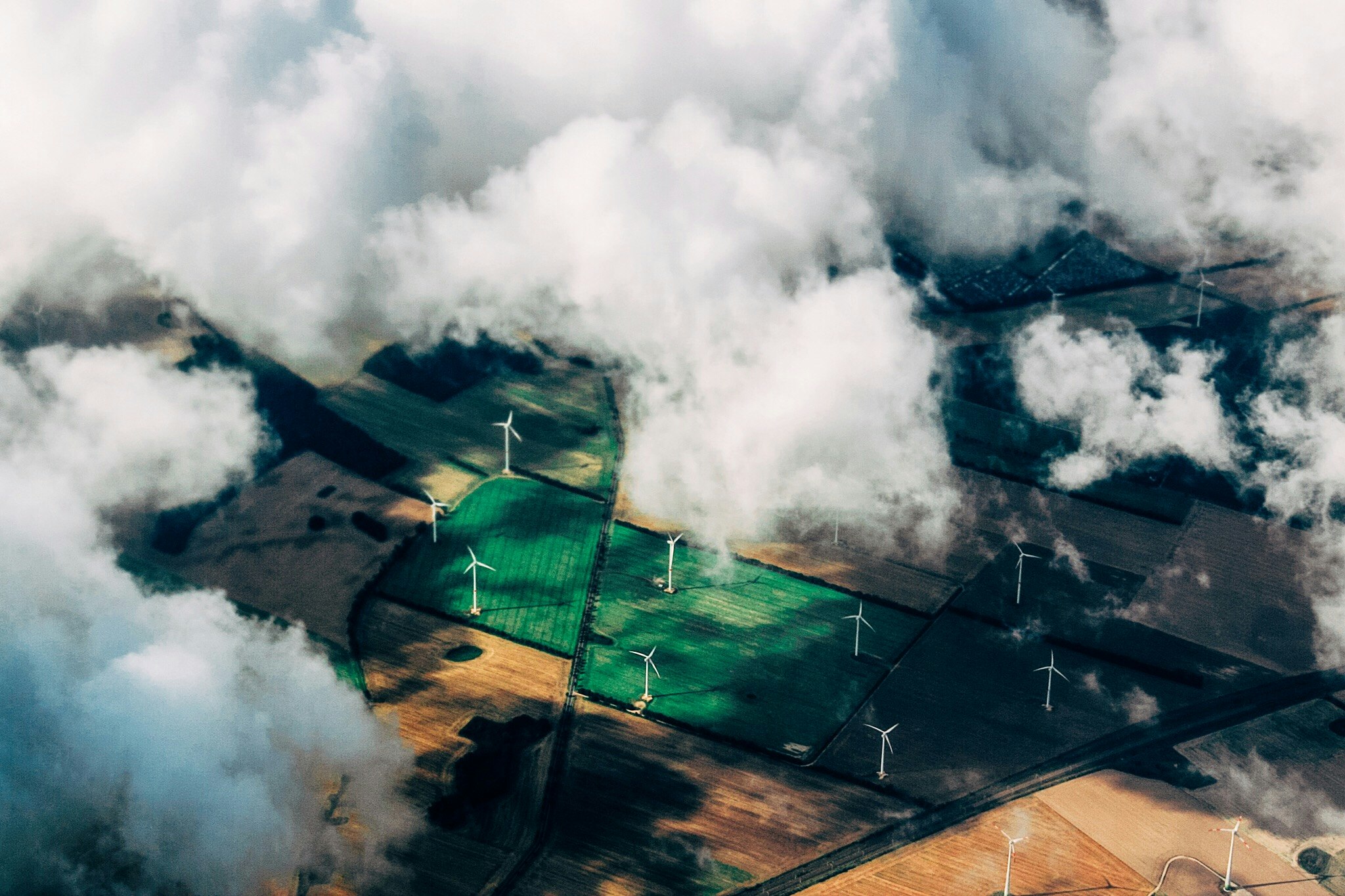
Hourly Wind and Solar Generation Profiles at 1/8th Degree Resolution
This dataset uses regional atmospheric climate model output to simulate wind and solar power generation across the entire contiguous US. This data is particularly useful for obtaining power production profiles at new locations or locations where only short records exist, or to study climate change impacts. We assume that a generic power plant exists at each grid cell and model the power output for solar at the surface and wind at 80, 100 and 125 meter hub heights. The data consists of a historical period 1980-2022 and several future scenarios that extend from 2020-2099.
More Info
Open Source Models

GCAM-USA
A global model that represents the behavior of, and interactions between five systems: the energy system, water, agriculture and land use, the economy, and the climate.
Go To Model
Total Electricity Load (TELL)
An open-source Python package to model future hourly total electricity loads.
Go To Model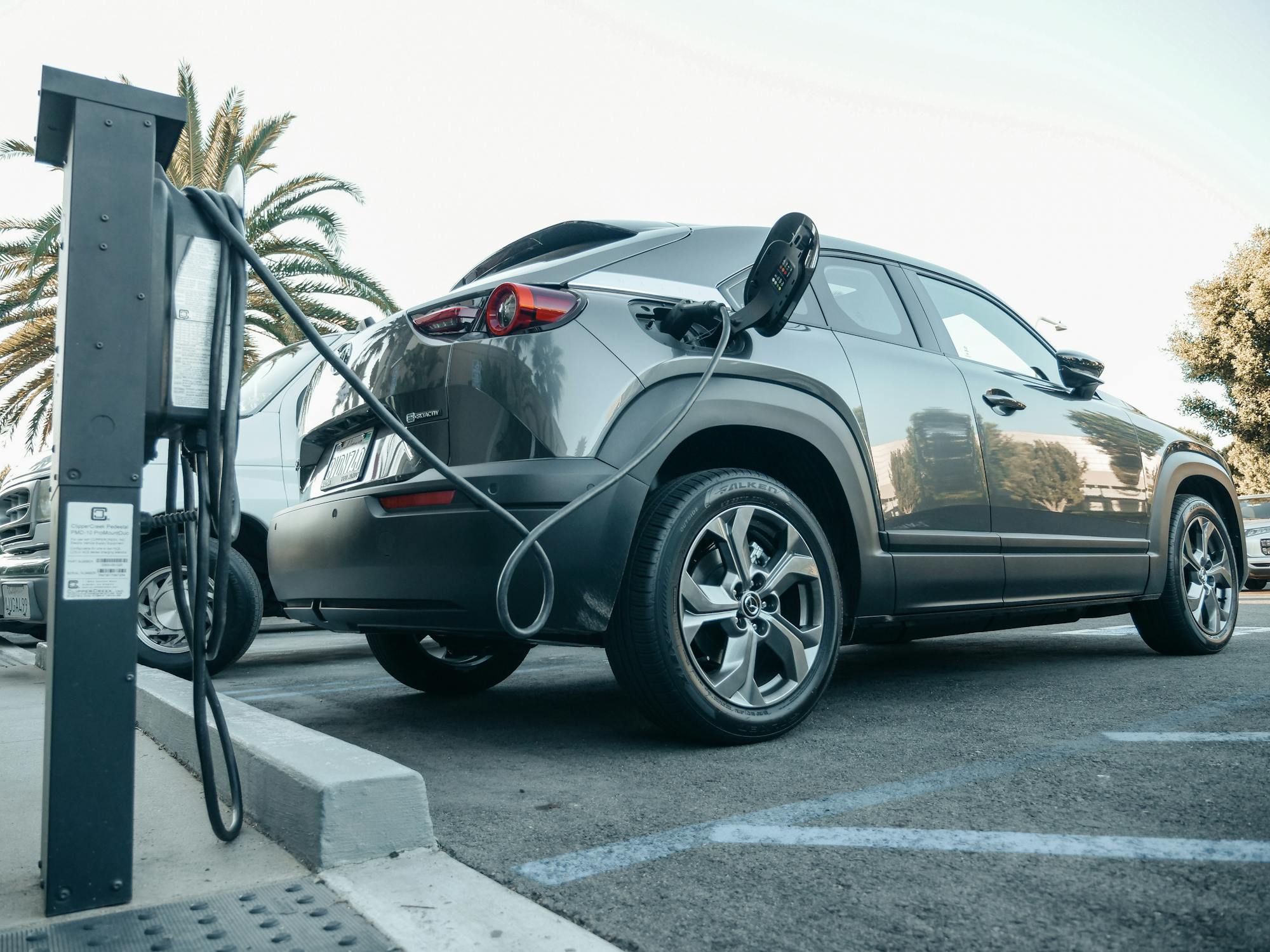
Vehicle Electrification Model
Downscales GCAM-USA transportation electrification loads from annual state-level loads to hourly balancing authority level loads. Different approaches are used for each class of vehicle.
Go To Model
Renewables Generation Model
Translates gridded climate data to point or grid cell scale hourly wind and solar capacity factors.
Go To Model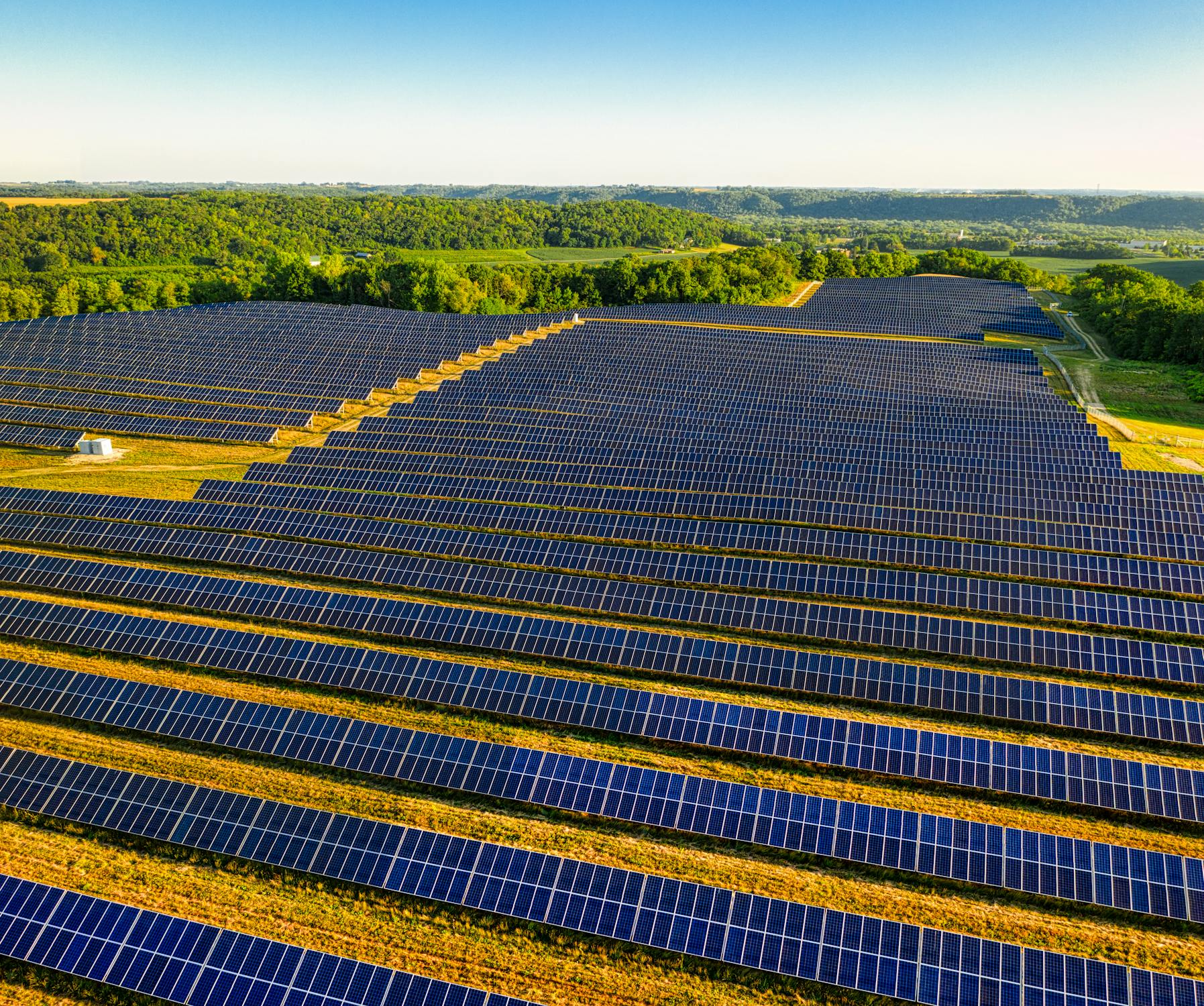
CERF Siting Model
An open-source geospatial Python package for evaluating and analyzing future electricity technology capacity expansion feasibility.
Go To Model
PRIDR
A software package that can represent and project income distributions dynamically using various input data.
Go To ModelModeling Framework
The GODEEEP framework is under continual developoment.
Follow us on GitHub for the latest!




